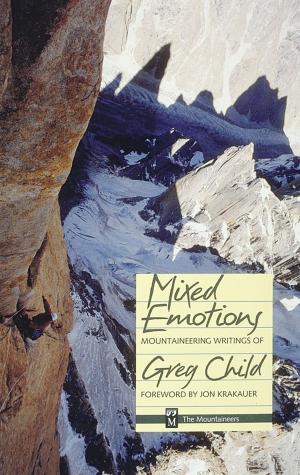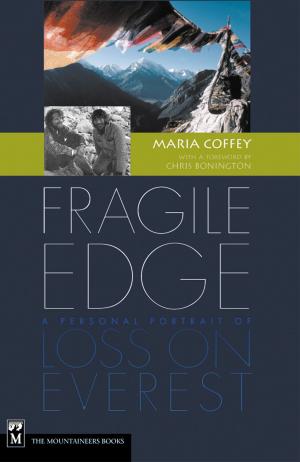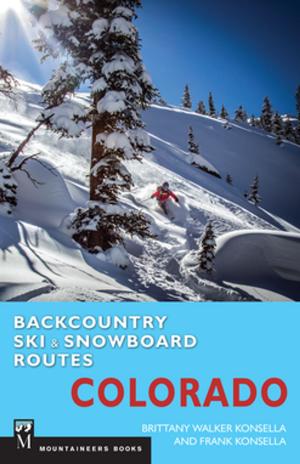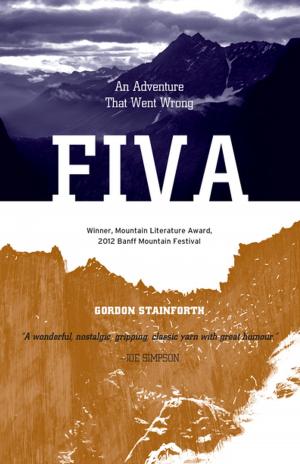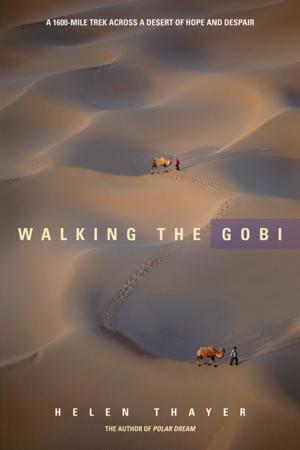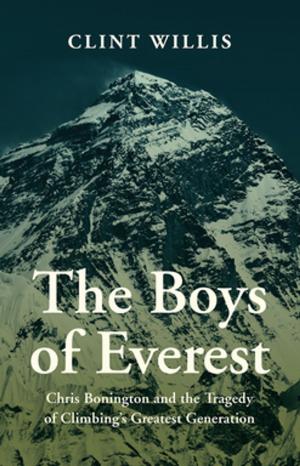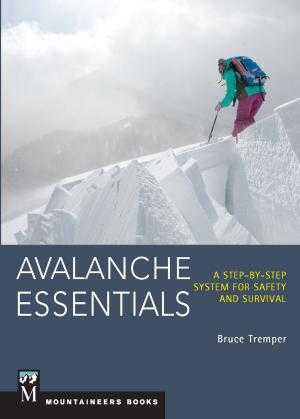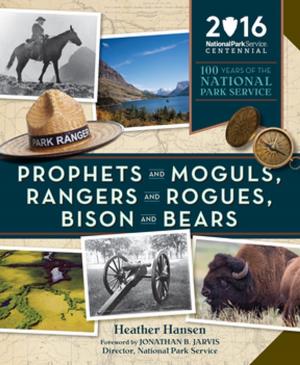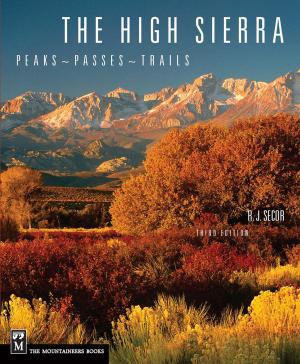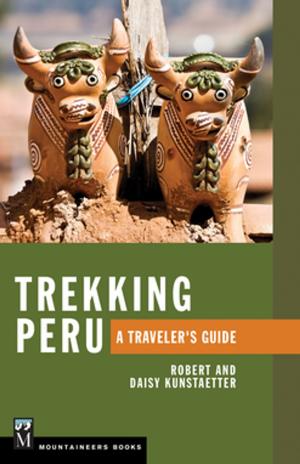| Author: | David Williams | ISBN: | 9781594856822 |
| Publisher: | Mountaineers Books | Publication: | December 15, 2009 |
| Imprint: | Language: | English |
| Author: | David Williams |
| ISBN: | 9781594856822 |
| Publisher: | Mountaineers Books |
| Publication: | December 15, 2009 |
| Imprint: | |
| Language: | English |
From meadow trails to airy mountaintops and wide open desert, cairnsthose seemingly random stacks of rockare surprisingly rich in stories and meaning. For thousands of years cairns have been used by people to connect to the landscape and communicate with others, and are often an essential guide to travelers. These manmade rock piles can indicate a trail, mark a grave, serve as an altar or shrine, reveal property boundaries or sacred hunting grounds, and even predict astronomical activity. The Inuit have more than two dozen terms to describe cairns and their uses!In Cairns: Messengers in Stone, geologist and acclaimed nature writer David B. Williams (Stories in Stone: Travels through Urban Geology) explores the history of cairns from the moors of Scotland to the peaks of the Himalayawhere they come from, what they mean, why they're used, how to make them, and more. Hikers, climbers, travelers, gardeners, and nature buffs alike will delight in this quirky, captivating collection of stories.
From meadow trails to airy mountaintops and wide open desert, cairnsthose seemingly random stacks of rockare surprisingly rich in stories and meaning. For thousands of years cairns have been used by people to connect to the landscape and communicate with others, and are often an essential guide to travelers. These manmade rock piles can indicate a trail, mark a grave, serve as an altar or shrine, reveal property boundaries or sacred hunting grounds, and even predict astronomical activity. The Inuit have more than two dozen terms to describe cairns and their uses!In Cairns: Messengers in Stone, geologist and acclaimed nature writer David B. Williams (Stories in Stone: Travels through Urban Geology) explores the history of cairns from the moors of Scotland to the peaks of the Himalayawhere they come from, what they mean, why they're used, how to make them, and more. Hikers, climbers, travelers, gardeners, and nature buffs alike will delight in this quirky, captivating collection of stories.

